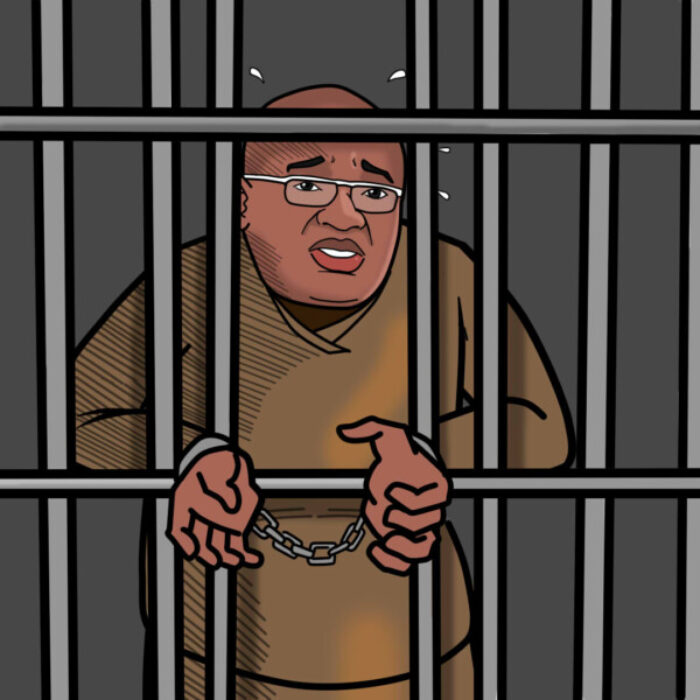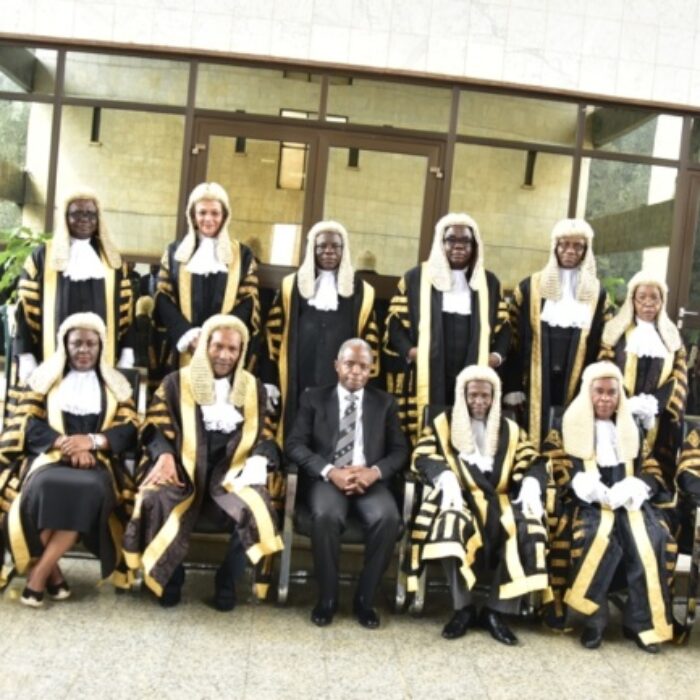By The Editorial Board
The U.S. responses to the presidential elections in Venezuela (August 2024) and Nigeria (February 2023) expose a glaring double standard, revealing that democracy is only a priority when it serves American national interests.
The United States’ swift and unequivocal denunciation of Venezuela’s electoral irregularities and rejection of Maduro’s claim to the presidency stands in stark contrast to its conspicuous silence on similar vote-rigging in Nigeria and its hasty acceptance of Tinubu’s victory.
This glaring double standard exposes the U.S.’s consistent willingness to compromise democratic principles in Nigeria in pursuit of political expediency and self-serving interests, undermining the credibility of its global democracy agenda.
This contradiction exposes a troubling hypocrisy in America’s professed commitment to defending freedom, democracy, human rights, and regional peace in Africa.
Supporting an illegitimate politician like Tinubu, who is alleged to have rigged the election, exposes the U.S.’s preference for leaders who can be readily manipulated, blackmailed, and controlled to serve its national agenda and geopolitical interests.
This problematic approach undermines democratic values, prioritizing short-term interests over the promotion of genuine democracy and long-term stability in a region the US claims to support.
Democracy Only When It Serves American Interest
In Venezuela, the US demonstrated a steadfast commitment to democratic integrity by rejecting the fraudulent election outcomes, aligning with its prior refusal to acknowledge Maduro’s legitimacy. This consistent stance upholds the principles of fairness and transparency.
In stark contrast, the US hastily endorsed Tinubu’s disputed victory in Nigeria, despite overwhelming evidence of widespread electoral manipulation and malpractices documented by local and international election observers, including those from the US.
This jarring inconsistency not only erodes the US’s credibility as a champion of democracy but also exposes a troubling double standard, prompting concerns about the selective application of its principles and the true motives behind its support for Tinubu.
This inconsistency is all the more glaring in light of the US’s prior legal proceedings against Tinubu, which identified him as a known unindicted co-conspirator in a drug trafficking scheme and his alleged history of rampant corruption during his tenure as Governor of Lagos state.
The US’s sudden willingness to overlook these serious allegations and endorse Tinubu’s presidency raises profound questions about its commitment to upholding the rule of law, combating corruption, and promoting democratic integrity.
In the long run, this shortsighted approach risks destabilizing the region and eroding trust in democracy and American leadership. The benefits of democracy in Africa are already in doubt, and America should not exacerbate this uncertainty through support for questionable electoral outcomes.
The US’s ill-advised endorsement of Bola Tinubu, despite his questionable qualifications, has precipitated a catastrophic downward spiral in Nigeria, pushing the country to the precipice of collapse with far-reaching consequences for regional stability.
By turning a blind eye, the US has enabled Tinubu’s disastrous policy decisions, which have ravaged the economy, unleashing hyperinflation, rampant unemployment, unchecked corruption, and widespread poverty and starvation.
As Nigeria teeters on the brink of chaos, the entire region is now threatened with destabilization, underscoring the devastating repercussions of America’s reckless disregard for democratic principles and responsible leadership in the country. The ominous specter of a military coup looms large, casting a dark shadow over the nation’s future.
During the recent national protests against Tinubu’s misgoverance, the sight of Russian flags in parts of the North serves as a stark warning sign. This ominous development raises the specter of Russian influence and potential interference in Nigeria’s internal affairs, echoing the Kremlin’s playbook in other vulnerable regions.
If left unchecked, this could lead to a dangerous escalation, further destabilizing the country and threatening the fragile security of the entire West African region.
A History of Supporting Bad Leaders
The US has repeatedly failed to learn from its numerous attempts to support unsuitable leaders in Africa, a policy that has consistently undermined democratic governance and fueled instability.
A notable example is the US’s backing of Mobutu Sese Seko in Zaire (now the Democratic Republic of Congo). Mobutu, who ruled with an iron fist, embezzled billions of dollars, leading to severe economic decline and widespread human suffering.
Another example is the backing of Siad Barre in Somalia, whose regime committed egregious human rights atrocities and ultimately plunged the country into chaos. Additionally, the US has fostered close ties with Paul Biya in Cameroon, an authoritarian leader who has maintained power for decades, often through oppressive means.
These examples illustrate how prioritizing strategic interests over democratic values has had devastating consequences for African nations, contributing to prolonged instability and suffering. It is imperative that the focus shifts towards supporting genuine democratic progress and the welfare of the people in Africa.
As the situation in Nigeria continues to deteriorate, the US must confront the consequences of its actions. It is imperative that America reevaluates its approach and takes decisive action to support democratic institutions and the Nigerian people, rather than perpetuating a failed policy that risks unleashing a regional catastrophe.
The upcoming 2027 presidential elections in Nigeria present a crucial opportunity for the United States to demonstrate its commitment to democratic values. It’s imperative for the US to prioritize fair and free elections over its strategic interests and support a genuinely democratic process in Nigeria. This time must be different.
What the US Should Do
- Publicly Condemn Electoral Malpractices: The US should take a firm stance against any form of electoral malpractice by publicly condemning it and supporting independent election monitoring to ensure transparency and fairness in the election process. This process must be clearly communicated to the election commission prior to the 2027 presidential elections.
- Impose Targeted Sanctions: Implement targeted sanctions against individuals involved in election rigging and human rights abuses in Nigeria. This would include freezing assets and restricting travel to the US for those undermining the democratic process, including their families.
- Support Democratic Institutions and Civil Society: Provide transparent and unconditional support to democratic institutions and civil society organizations in Nigeria. This includes offering technical assistance, funding, and resources to strengthen these entities’ capacities to promote and defend democracy.
- Engage in Diplomatic Efforts: Actively engage in diplomatic efforts to promote a level playing field for all political parties prior to the election. This involves working with international partners to exert pressure on the Nigerian government to ensure fair and free elections.
By implementing these measures, the US can help foster a democratic environment in Nigeria, ensuring that the upcoming elections are conducted with integrity and respect for the will of the Nigerian people.
This approach is essential for securing a free, fair, and credible election in Nigeria, which is crucial for the country’s stability and the region’s democratic progress. Failure to act will only push Nigeria and other African nations further into the spheres of influence of China and Russia, undermining US interests and values. The time for a new American strategy in Nigeria is now.




